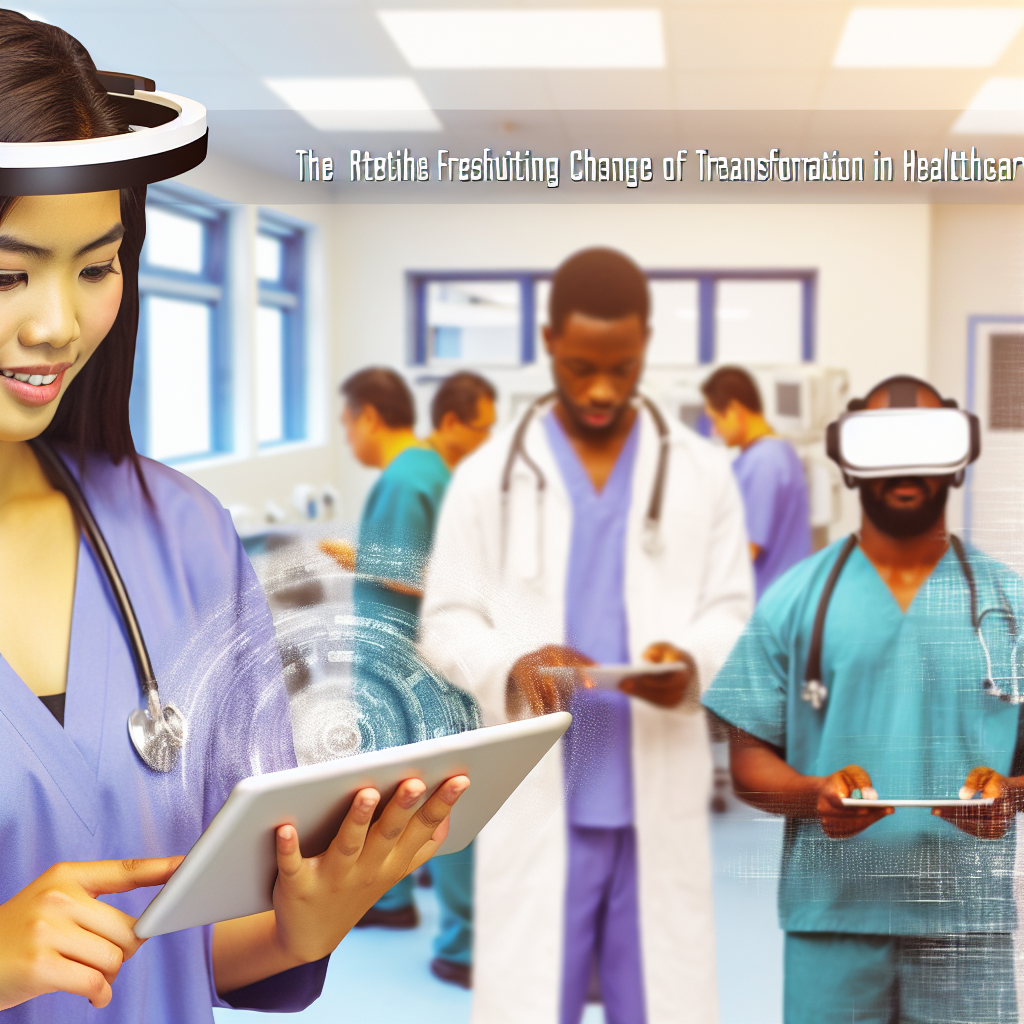Healthcare eLearning is revolutionizing the way medical professionals receive education and training. With advancements in technology, healthcare eLearning platforms provide accessible, efficient, and engaging learning experiences tailored to the unique needs of healthcare practitioners. This article delves into the significance of eLearning in healthcare and its impact on professional development, patient care, and the future of medical training.
The Importance of eLearning in Healthcare
In an ever-evolving field like healthcare, continuous education is paramount. eLearning systems offer a flexible and cost-effective solution for medical professionals to enhance their skills and keep abreast of the latest advancements. With the demand for healthcare practitioners increasing globally, traditional in-person training can be impractical. eLearning circumvents these challenges by providing:
- Flexibility: Learners can access courses anytime and anywhere, accommodating their busy schedules.
- Customizable Learning Paths: Healthcare professionals can tailor their learning based on their specific roles, interests, and areas of practice.
- Interactive Content: Incorporating multimedia elements such as videos, quizzes, and simulations enhances engagement and retention of information.
Moreover, eLearning allows organizations to track progress and performance, ensuring that healthcare workers are meeting necessary training standards and competencies, ultimately leading to improved patient outcomes.
The Future of Healthcare Training
As technology advances, the future of healthcare training through eLearning is bright. Innovations such as virtual reality (VR) and artificial intelligence (AI) are beginning to play a pivotal role in transforming learning experiences. For example:
- Virtual Reality: VR can create immersive simulations for complex procedures, allowing learners to practice in a risk-free environment.
- Artificial Intelligence: AI can personalize learning experiences, adapting content to match the learner’s pace and understanding, thereby enhancing the educational experience.
Furthermore, with the increasing integration of telemedicine, professionals require ongoing training to navigate new technologies. eLearning provides an agile solution that adapts to these emerging needs, ensuring healthcare workers are equipped with the latest skills and knowledge.
In conclusion, healthcare eLearning is reshaping the landscape of medical education. By offering flexible, interactive, and personalized training experiences, it not only addresses the educational needs of healthcare professionals but also significantly enhances patient care. As we move forward, embracing innovative technologies within eLearning will be essential to producing highly skilled and competent healthcare practitioners who are prepared to meet the challenges of tomorrow.
